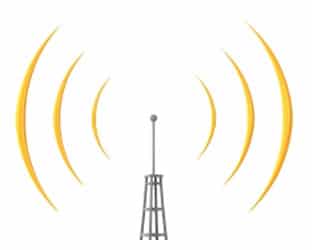The Federal Communications Commission already went out of its way to post the deadline date for petitions to deny in the stick-sharing proposal put forth by Ion Media and RLJ Companies’ Urban Television. Now the FCC has added permit-but-disclose status to the proceeding. The FCC did the same thing last week in regards to the sale of WTVJ-TV Miami from NBC into a duopoly with Post-Newsweek’s ABC WPLG-TV. Permit-disclose will allow testimony to be made available to all interested and commenting parties, without every such party needing to be individually served.
In the Ion/Urban proposal, BET founder Robert L. Johnson’s Urban would enter into a license sharing arrangement, and would program a new television network on the digital side channel simultaneously with Ion’s main program stream and its two side channels which offer childrens’ and health/wellness programming. The catch is that the duo wants Urban to enjoy cable must-carry privileges, as a co-licensee.
RBR/TVBR observation: As we’ve noted in the past, this novel approach to the licensing and must carry regulations is reminiscent of a proposal put forth by Media Access Project’s Andrew Schwartzman, which recommends must carry status for side channels leased to eligible or socially-disadvantaged businesses. Putting Urban onto 42 stations will go a long ways toward increasing the diversity of broadcast ownership, but it is sure to rankle the cable industry.
We’ve always firmly believed that 6 MHz is 6 MHz. In other words, a broadcast licensee’s must-carry status should be for its swath of spectrum on the cable system, whether it is using it for one HDTV stream of for five or six standard streams, regardless of the cable operator’s opinion.
That battle was engaged in Washington, but was abandoned as broadcasters struggled to figure out a viable business model for side channel broadcasts. Well, here’s a viable proposal. Maybe it’s time to revisit the whole digital must-carry regime.




